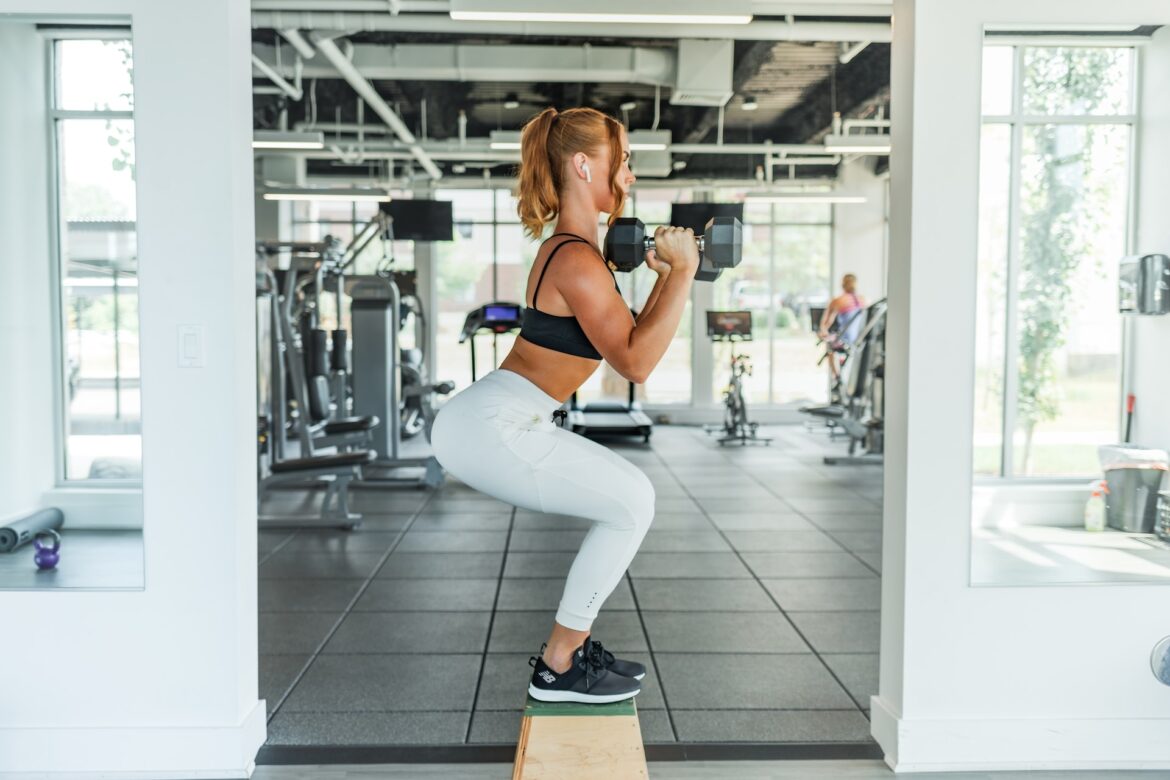“Embrace the challenge, and in 30 days, you’ll not only transform your body but also discover the incredible power of commitment, discipline, and self-belief.”
Embarking on a 30-day fitness challenge is a powerful way to kickstart your journey towards a healthier, fitter, and more vibrant you. Whether you’re looking to shed a few pounds, build muscle, boost your energy levels, or simply adopt a healthier lifestyle, a month-long commitment to exercise can lead to remarkable transformations. In this blog post, we will explore the concept of a 30-day fitness challenge, delve into the science behind its effectiveness, provide a comprehensive plan for different fitness levels, and offer tips to help you make the most of your month-long journey towards a better you.
The Science Behind 30-Day Fitness Challenges
The concept of a 30-day fitness challenge is rooted in the science of habit formation and the body’s ability to adapt to new routines. Research shows that it takes roughly 21 to 30 days to establish a new habit. During this time, your brain and body adapt to the demands of your chosen fitness routine, making it easier to maintain over the long term.
Setting Clear Goals for Your 30-Day Fitness Challenge
Before you start your 30-day fitness challenge, it’s crucial to set clear, achievable goals. These goals should be specific, measurable, and relevant to your fitness aspirations. Whether you aim to lose a certain amount of weight, complete a set number of workouts, or achieve a particular level of fitness, having well-defined goals will keep you motivated and focused.
Choosing the Right Challenge for Your Fitness Level
Not all 30-day fitness challenges are created equal. The challenge you choose should align with your current fitness level. Here’s a breakdown of challenges tailored to different fitness levels:
- Beginner: Ideal for those who are new to exercise or returning after a long break. Focus on low-impact workouts and gradually build endurance.
- Intermediate: Suitable for individuals with some prior fitness experience. This challenge may involve a mix of cardio, strength training, and flexibility exercises.
- Advanced: Designed for those who are already quite fit and looking to push their limits. Expect high-intensity workouts and advanced training techniques.
Crafting Your 30-Day Fitness Plan
A well-rounded fitness challenge should encompass various aspects of physical fitness. Your plan should include:
- Cardiovascular Exercise: Activities like running, cycling, or swimming to improve heart health and burn calories.
- Strength Training: Exercises that build muscle, such as weightlifting or bodyweight exercises like push-ups and squats.
- Flexibility and Mobility: Stretching and mobility exercises to improve range of motion and prevent injury.
- Rest and Recovery: Scheduled rest days to allow your body to recover and adapt to the demands of exercise.
Nutrition and Diet for Optimal Results
Nutrition plays a crucial role in the success of your 30-day fitness challenge. Consider these dietary factors:
- Fueling Your Workouts: Consume a balanced meal or snack before exercise to provide your body with the energy it needs.
- Hydration: Proper hydration is essential for performance and recovery. Drink water throughout the day, especially during workouts.
- Meal Planning: Plan your meals to ensure you’re getting the right balance of nutrients, including protein, carbohydrates, and healthy fats.
- Portion Control: Be mindful of portion sizes to avoid overeating, which can hinder your progress.
Staying Motivated Throughout the Challenge
Maintaining motivation during a 30-day fitness challenge can be challenging. Here are some strategies to help you stay on track:
- Accountability: Partner with a friend or join an online fitness community to stay accountable.
- Tracking Progress: Keep a record of your workouts, measurements, and achievements to see how far you’ve come.
- Celebrating Milestones: Acknowledge and celebrate your accomplishments, no matter how small they may seem.
- Mindset and Positivity: Cultivate a positive mindset and visualize your success. Your attitude can significantly impact your results.
Common Challenges and How to Overcome Them
During your 30-day fitness challenge, you may encounter obstacles. Here’s how to overcome some common challenges:
- Time Constraints: If you’re short on time, opt for shorter, high-intensity workouts or break your exercise into smaller sessions throughout the day.
- Soreness and Fatigue: Proper warm-ups, cool-downs, and stretching can alleviate muscle soreness. Listen to your body, and don’t push too hard too soon.
- Boredom: To prevent boredom, vary your workouts. Try different exercises and activities to keep things interesting.
- Plateaus: If you hit a plateau in your progress, consider adjusting your workout intensity, incorporating new exercises, or reassessing your diet.
Real-Life Success Stories: Inspiring Transformations
Real-life success stories can be incredibly motivating. Share stories of individuals who have undergone remarkable transformations through 30-day fitness challenges. These stories can inspire and reassure your readers that change is possible.
The Importance of Continuing Your Fitness Journey
A 30-day fitness challenge is a fantastic starting point, but it’s essential to view it as the beginning of a lifelong fitness journey. After the challenge, continue to prioritize your health and fitness by setting new goals, exploring different workouts, and maintaining a balanced diet.
A 30-day fitness challenge can be a life-changing experience, offering not only physical transformations but also improved mental and emotional well-being. By understanding the science behind habit formation, setting clear goals, and crafting a personalized fitness plan, you can embark on a month-long journey that will leave you feeling stronger, healthier, and more confident. Remember, it’s not just about the destination; it’s about the journey and the lasting positive habits you’ll build along the way.
